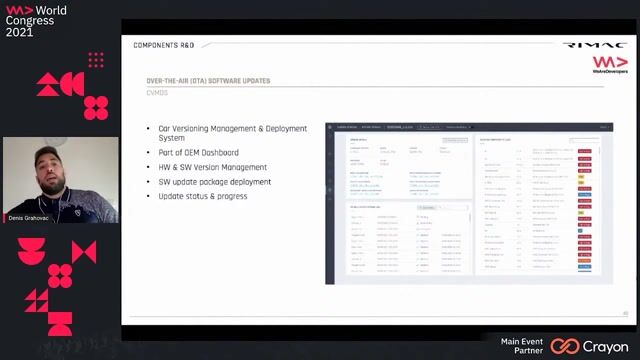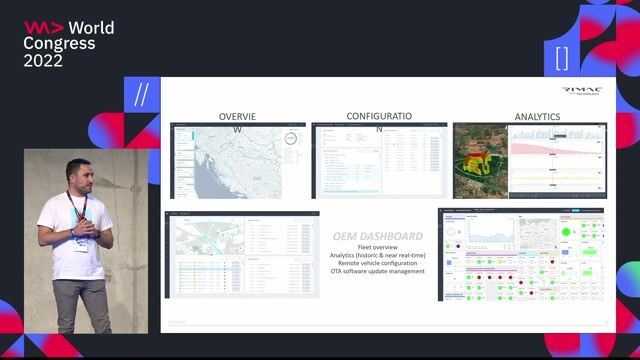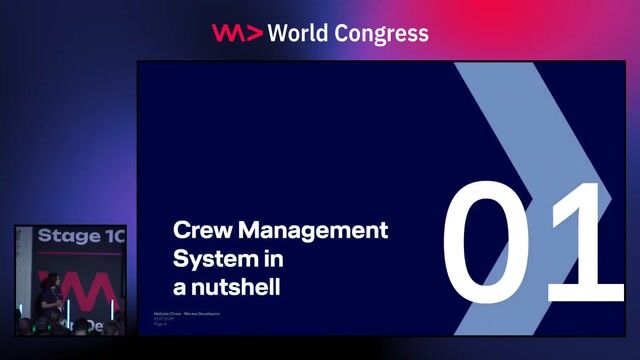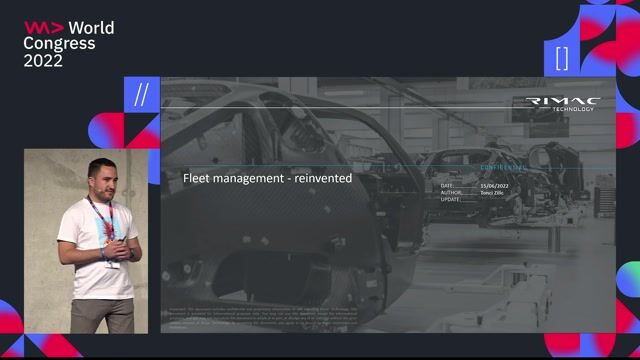Systems Manager, Applications
Role details
Job location
Tech stack
Job description
End-to-End Landscape Ownership
- Own and maintain the full enterprise systems landscape, including production, staging, test, development, and training environments.
- Ensure environment consistency, data integrity, version control, and change synchronisation across all tiers of the landscape.
- Coordinate environment refreshes, provisioning, and tear-downs in collaboration with project and Saas providers.
Application & System Health Reporting
- Monitor application and system health metrics (availability, performance, error rates, capacity) across the landscape.
- Deliver regular reporting and dashboards to technology leadership and business stakeholders, highlighting issues, risks, and improvement opportunities.
- Define and maintain KPIs for system health and service performance, and ensure clear communication of trends and remediation actions.
Testing Environment Management
- Ensure availability, configuration, and appropriate isolation of testing environments to support development, UAT, QA, and project delivery needs.
- Manage environment refresh schedules, test data integrity, and system performance to reduce test delays and defects.
- Work with delivery teams to support environment-based issues and coordinate multi-system test cycles across dependencies.
SaaS & Third-Party Platform Oversight
- Manage operational support and lifecycle of all SaaS platforms and vendor-hosted solutions used by the organisation.
- Ensure SLAs, performance targets, and support agreements are met through proactive relationship management and escalation handling.
- Act as the main operational point of contact for key vendors, coordinating patches, releases, and issue resolution.
System Lifecycle & Change Planning
- Maintain system lifecycle plans, ensuring timely upgrades, renewals, or retirement of platforms and applications.
- Provide input to architecture and delivery teams to align roadmap decisions with system constraints and business timelines.
- Drive reduction of technical debt and complexity within the landscape.
- Operate the Change Approval Board (CAB) process: schedule and chair CAB meetings, ensure all proposed changes are properly risk-assessed, tested, documented, and approved prior to deployment.
Operational Support & Incident Management
- Lead the resolution of major incidents, coordinating across technical teams and vendors.
- Ensure root cause analysis and preventative actions are tracked and completed.
- Manage and improve operational support models, including support tiers and escalation protocols.
Security, Compliance & Risk Management
- Ensure that all systems and environments meet internal security, audit, and compliance requirements.
- Support risk assessments, access control reviews, and periodic audits of platforms and vendors.
- Maintain disaster recovery plans and ensure recovery procedures are tested for critical systems.
Team & Vendor Management
- Lead internal support staff and manage vendor and third-party teams responsible for system maintenance and support.
- Set clear expectations, monitor performance, and develop team capabilities around operational tooling, automation, and platform knowledge.
- Collaborate with procurement and vendor managers to evaluate service levels, contract compliance, and renewals.
Requirements
Relevant experience & education
-
7+ years in IT systems, platform operations, or environment management roles.
-
Strong experience with environment lifecycle and application landscape coordination (e.g., test/dev/prod tiers).
-
Proven ability to manage both internally hosted and SaaS/third-party platforms.
-
Proficiency in system health monitoring, reporting, and dashboarding (e.g., using Splunk, Datadog, Azure Monitor).
-
Deep understanding of ITIL-based service management, incident handling, and change control.
-
Experience managing vendors and ensuring service performance against agreed metrics.
-
Experience in hybrid infrastructure environments (on-prem, cloud, SaaS).
-
Familiarity with environment orchestration, containerisation, or infrastructure-as-code tools.
-
Experience working in Agile/DevOps environments.
-
ITIL certification and/or cloud platform certification (Azure, AWS).










